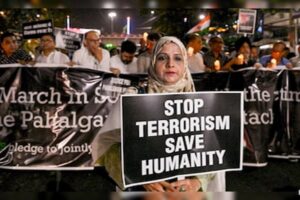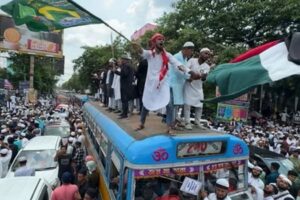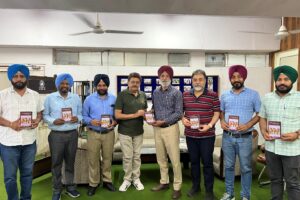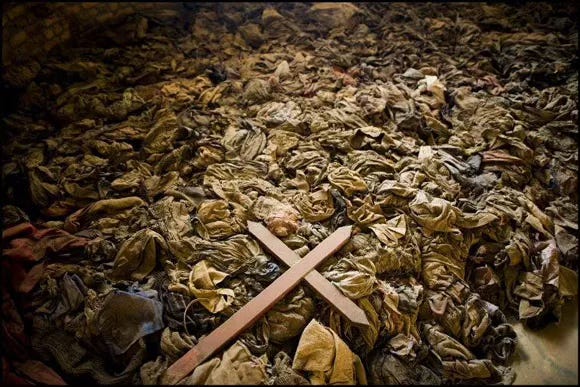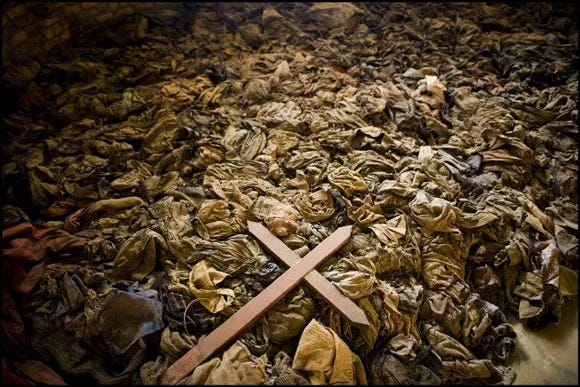David Vance SubstackRead More
Let’s start with the terrible detail. If we go with the official narrative this is what happened in Rwanda.
The Rwandan genocide, also known as the genocide against the Tutsi, occurred from 7 April to 19 July 1994 during the Rwandan Civil War. Over a span of around 100 days, members of the Tutsi ethnic group, as well as some moderate Hutu and Twa, were systematically killed by Hutu militias. While the Rwandan Constitution states that over 1 million people were killed, most scholarly estimates suggest between 500,000 and 662,000 Tutsi died. The genocide was marked by extreme violence, with victims often murdered by neighbors, and widespread sexual violence, with between 250,000 and 500,000 women raped.
As I say, regardless of the ins and outs, this was extreme violence and industrial scale murder. Clearly anyone involved in such killing should be put behind bars for life. HOWEVER, that isn’t exactly what happened.
The Independent reported in April of this year;
Rwandan genocide suspects are still living freely in Britain, 30 years after the massacre which killed 800,000 people, amid “inexplicable” delays to a UK police probe into the allegations.
I wonder why there would be such “inexplicable delays?
MPs and the Rwandan authorities have called on the Metropolitan Police – which launched an investigation six years ago – to hurry up and decide whether they can bring a case against the five men, who settled in the UK in the aftermath of the 1994 genocide. The five suspects, who have lived in the UK for decades, deny any involvement with the atrocities and have never faced trial to answer horrific allegations. One of the men is accused of helping to lead attacks in a village where 40,000 Tutsis were said to have died.
So who are these alleged genociders?
The five suspects who have been living in England for around 20 years, all in their 60s, are named in an extradition judgement as Celestin Mutabaruka, from Kent; Vincent Brown, also known as Vincent Bajinya, from Islington, north London; Celestin Ugirashebuja, from Essex; Charles Munyaneza, from Bedford; and Emmanuel Nteziryayo, from Manchester.
They all deny the allegations against them but we might wonder how they managed to get INTO the UK in the first instance and why they decided to flee here.
We might also wonder were there other un-named genociders from Rwanda who entered the UK in the early-2000’s.










